It’s the game, not the goal.
We have all become fixated on goals, both personally and professionally.
But here’s the bad news: The goal doesn’t actually matter. I mean, it does of course – no one’s denying that goals don’t win games. But it’s certainly not the most important part.
Not quite what you might think when presented with the amount of fanciful and sometimes colourful strategic plans that I often see, with countless goals proudly displayed on every available office wall.
It’s disappointing to find there is no real and tangible progress made towards any of them – regardless of how large that font is.
Worse still, is when that one-time goal achievement miraculously takes place, and everyone concerned is deluded into thinking they’ve got this strategic execution thing nailed. But in reality, no one knows quite how they made it there, or what to do next.
James Clear is the author of Atomic Habits, an excellent read for those looking to overcome personal goal paralysis. While not written directly about strategic planning, many of his points still apply – including his perspective on goals versus the process.
“Goals are about the results you want to achieve. Systems are about the processes that lead to those results.”
And that is exactly the point. Connecting strategic thinking to execution is not exclusively about the goal, but about uncovering the process that works for you that will get you to those goals.
It’s the process of breaking down each goal into tangible and measurable stages that don’t just signal progress, but underpin each step and hold each other accountable.
It’s the process of establishing a cadence for measuring your progress using specific milestones, and learning what it takes to move the needle across different types of projects. Understanding what works and what doesn’t for any team is a critical ingredient many miss on their way to the strategic win.
When you make gains, take learnings and adjust what you do next to sustain momentum, that’s when you start to take charge of your performance. The game of long-term strategy execution shifts from chance to control, thanks to a playbook of game plans that has evolved from the repeatable system and the many different strategic goals you set along the way.
My approach to Game Planning has been a game changer for so many of my clients. It all starts with a perspective shift that leads to a longer-term change in strategic planning. By moving the focus from ‘what’ to ‘how’, there’s a lot less talking about what didn’t get achieved, and a conversation shift to what needs to happen next.
Drop me a line if you want to know more about how to reframe goals to connect the strategy to the execution and play the long game.


